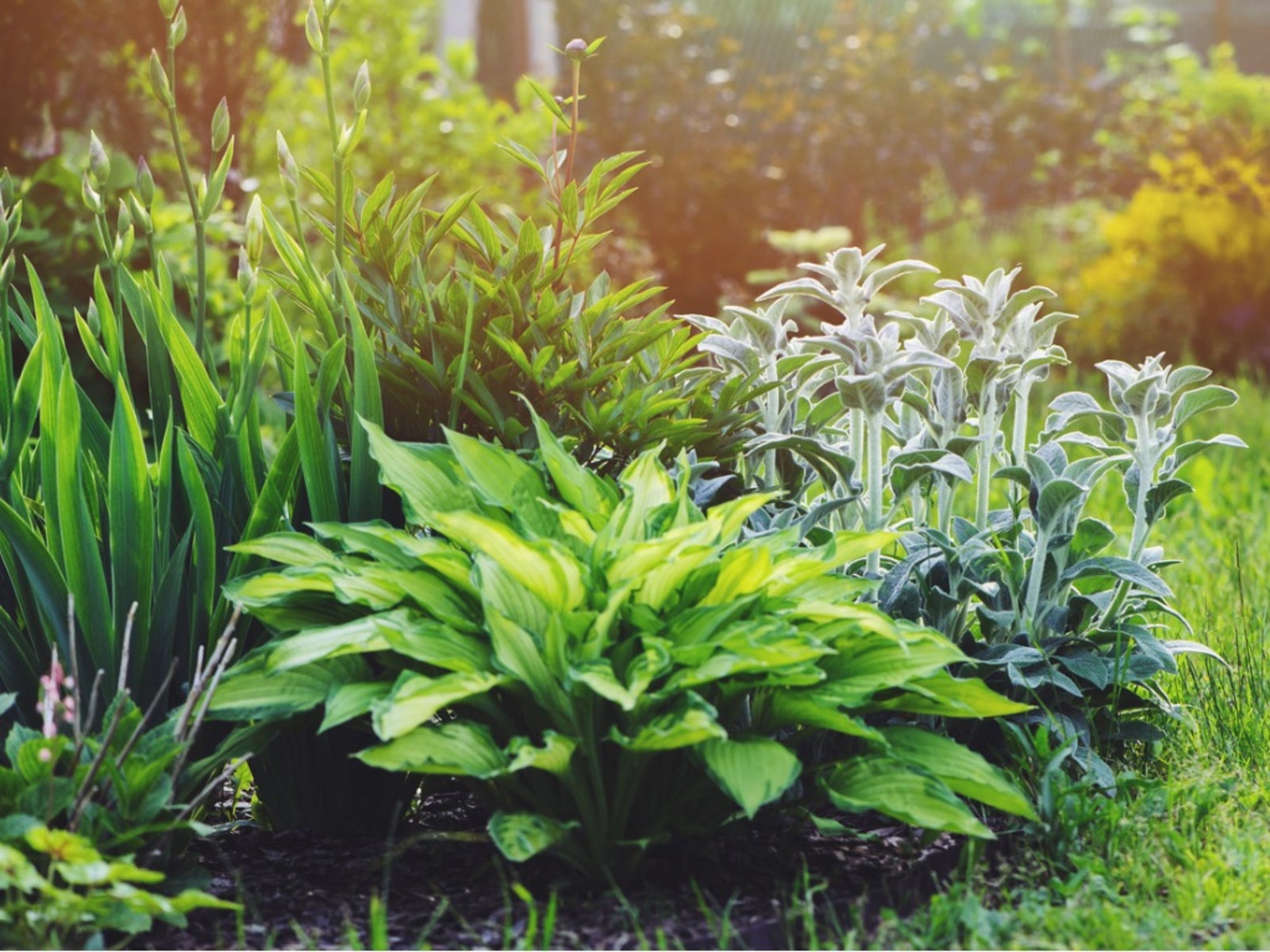Gardening With Foliage Plants: How To Create An All Green Foliage Garden


Did you know that green is the most easily seen color? Its calming effect is soothing on the eyes. Yet, when it comes to the garden, this attractive color is often one that is overlooked. Instead, it's the multitude of flower colors that seems to take center stage. This shouldn't be the case. An all-green foliage garden can have just as much impact and appeal as any other garden, if not more. Foliage actually plays an important role in the garden, providing year-round interest, depth and personality. Keep reading to learn more about gardening with foliage plants.
How to Create an All Green Foliage Garden
Designing a garden with foliage plants is not only easy but when all the elements of foliage are incorporated, it can also be quite impressive. So don't think of all green gardens as dull or unappealing. With or without flowers, a foliage garden can be filled with interesting textures, forms, and colors.
Texture
Leaf texture is an important element in the foliage garden. This defines contours and creates contrast. If foliage plants are limited to only one type of leaf texture, or even a few, the garden could certainly lose its appeal. However, when using a wide range of textural characteristics while gardening with foliage plants, this is unlikely to happen. Leaf textures include those that are waxy, rough, fuzzy, and smooth. For example, some foliage plants, such as lamb's ear, are covered with tiny hairs, making them soft and velvety to the touch. Other plants, like yucca, consist of bristles or thorns, making them hard to handle. There are a number of ornamental grasses that can add instant texture to the foliage garden. Keep in mind that clump-forming varieties are usually better as these are less invasive and include:
Ferns are great for adding texture with their feathery fronds. The Japanese painted fern not only offers a striking texture but its silver and burgundy foliage can set the garden off, breaking up any monotony.
Form
Foliage plants also consist of various shapes and sizes. Some leaves are rounded, while others are straight and sword-like. They may be feathery, scalloped, or heart-shaped. There are even types that will curl or twist into interesting shapes. There are plants that reach massive heights, plants that remain rather short, and a variety of plants that range in between. When designing a garden with foliage plants for form include:
Color
When it comes to foliage color, you also have a wide variety to choose from. All green gardens can actually range in color, from light or dark green to yellow or blue-green. Some foliage appears gray or silver as well. There are also numerous variegated foliage plants available and some containing red pigment, which results in shades of bronze to purple. Hostas are probably one of the most commonly used foliage plants in the garden. They range in color from light and dark green to blue-green and variegated shades. Some foliage plants that add additional color include:
Combining the different greens and other foliage colors with varying forms and textures can be just as beautiful and captivating as a garden rich with colorful blooms. Don't forget to include a strong focal point in the foliage garden. This could be as simple as one large plant having distinctive foliage or a lovely fountain with other plants worked around it. If you are unfamiliar with the types of foliage plants available, there are numerous resources that can help. As with any type of garden, select plants that thrive in your particular area. There's so much more to a garden than just flowers. Foliage plants can create a whole other dimension with their wide array of textures, forms, and colors.
Gardening tips, videos, info and more delivered right to your inbox!
Sign up for the Gardening Know How newsletter today and receive a free copy of our e-book "How to Grow Delicious Tomatoes".

Nikki Tilley has been gardening for nearly three decades. The former Senior Editor and Archivist of Gardening Know How, Nikki has also authored six gardening books.
-
 Looking For Plants To Give You The Soft And Fuzzies? Try These 5 Fuzzy Leaf Plant Options
Looking For Plants To Give You The Soft And Fuzzies? Try These 5 Fuzzy Leaf Plant OptionsLovers of texture, drama, silver foliage and tactile plants will adore these special sensory garden additions. These fuzzy leaf plant options will leave you all aglow
By Susan Albert
-
 Get Ready For A Summer Of Hummers! Grow These Full Sun Hummingbird Plants and Flowers
Get Ready For A Summer Of Hummers! Grow These Full Sun Hummingbird Plants and FlowersIf you’re lucky enough to enjoy a sunny backyard, make sure you are maxing out on your pollinator opportunities and grow these full sun hummingbird plants and flowers
By Tonya Barnett